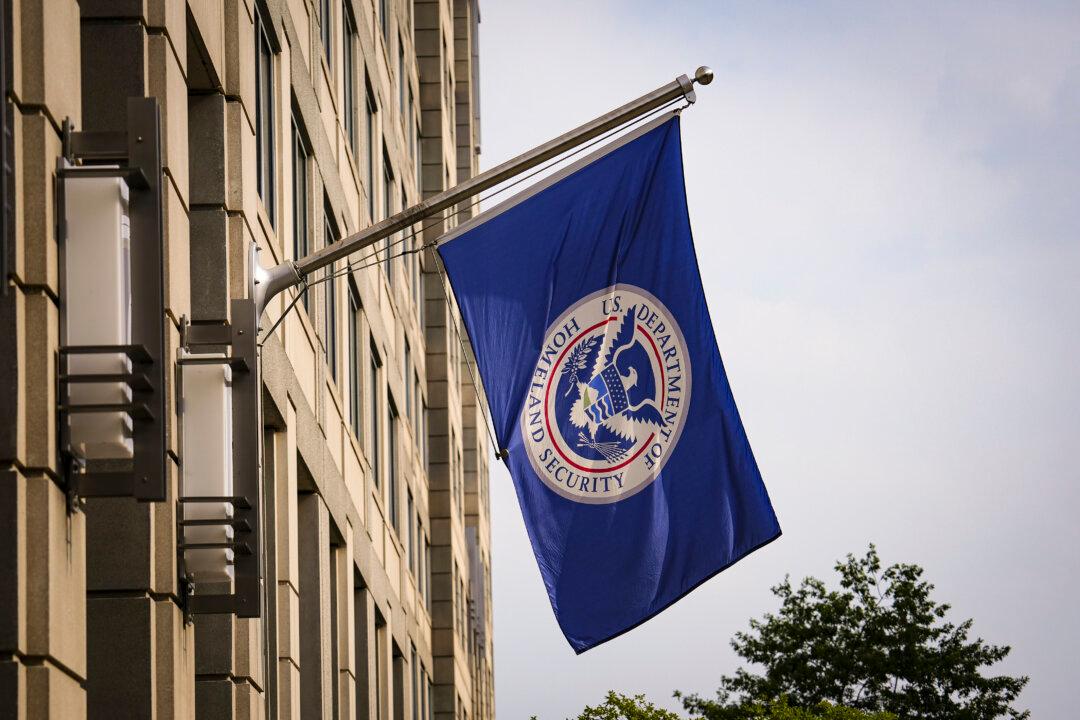Hundreds of foreign nationals who enrolled in a fake university created by federal immigration agents as part of a sting operation may sue to recover the funds, a federal court ruled June 25.
The unanimous ruling by a three-judge panel of the U.S. Court of Appeals for the Federal Circuit revives a class action lawsuit centered around “the University of Farmington,” a fictitious institution that U.S. Immigration and Customs Enforcement (ICE) set up in Detroit nearly a decade ago in an effort to catch those seeking to abuse the student visa system.





